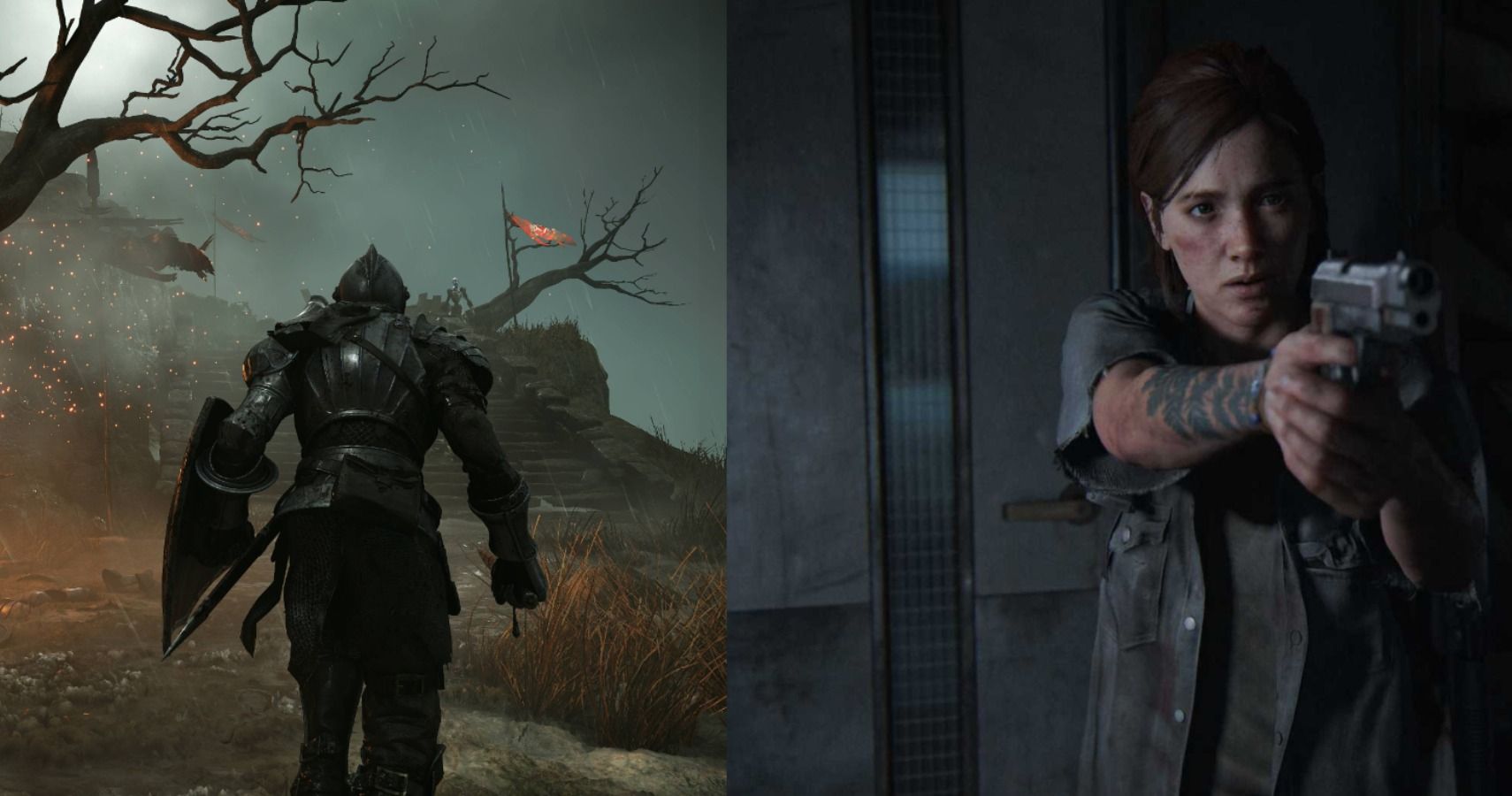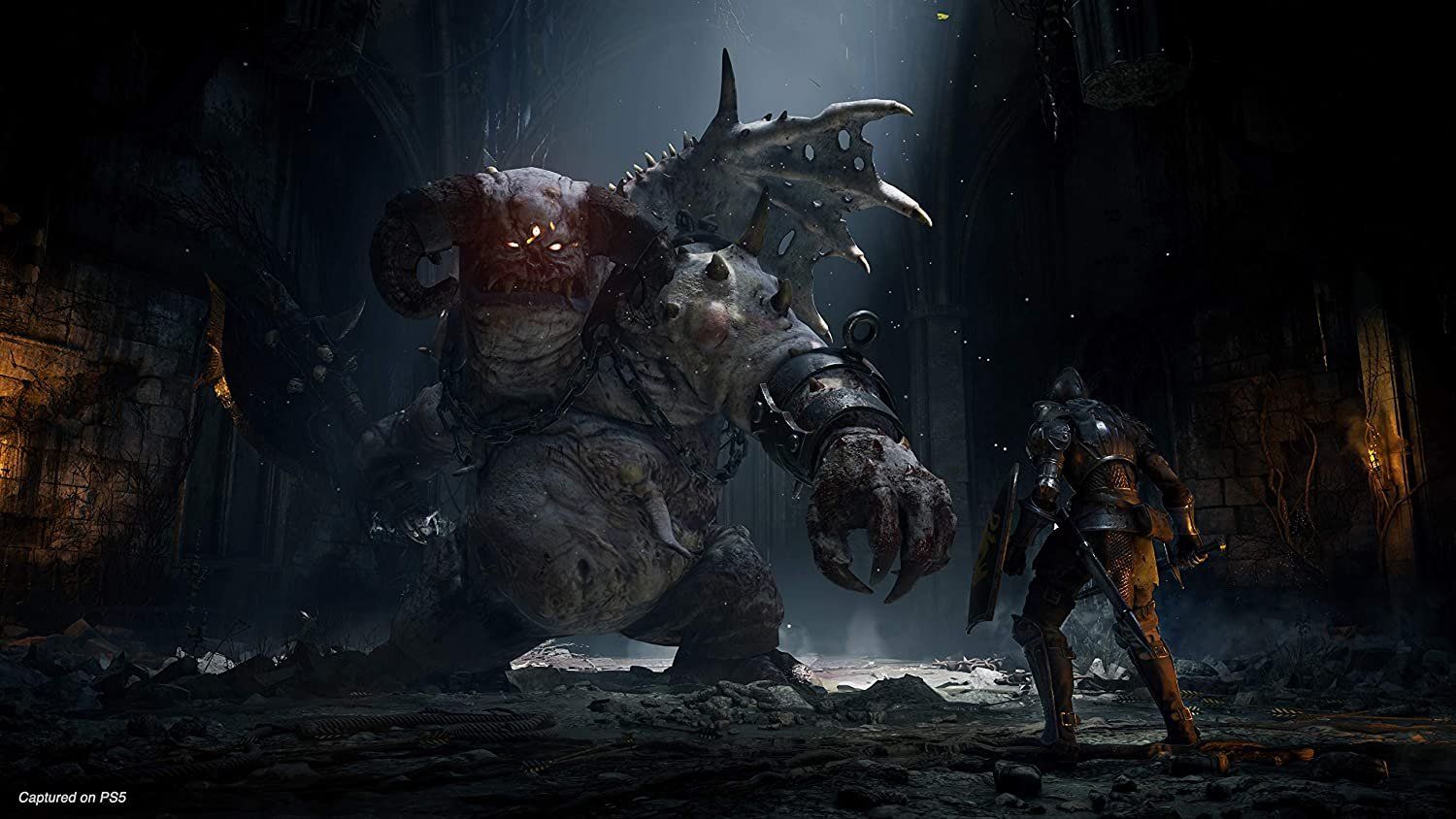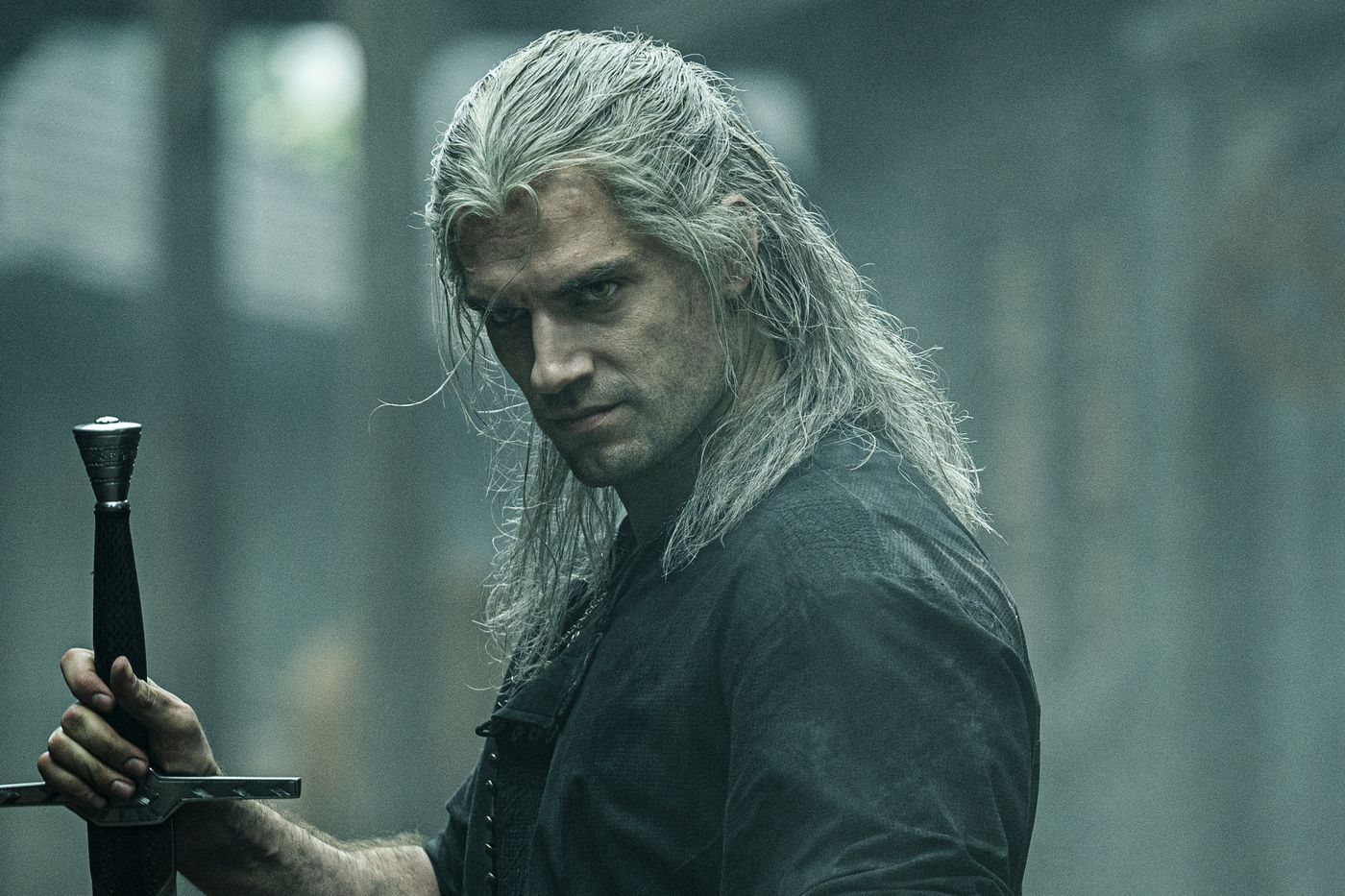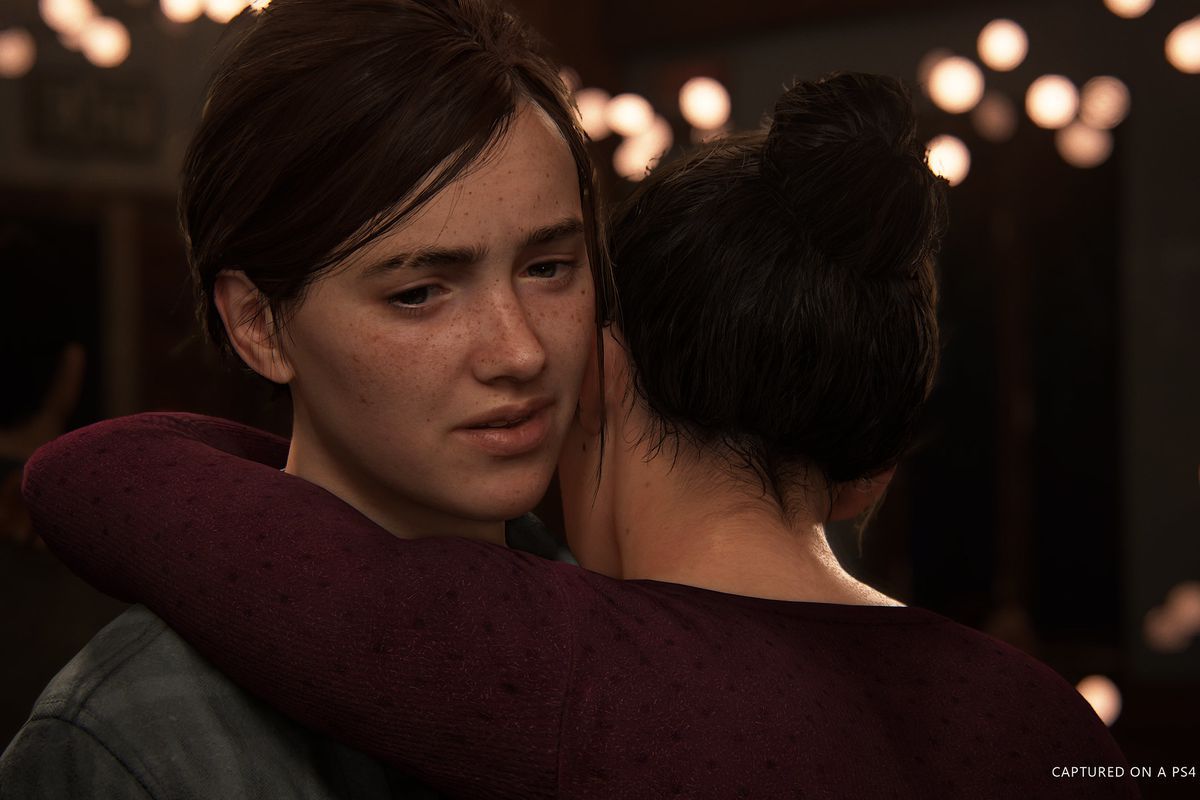We’re currently witnessing a trend that is gaining rapid momentum, in which both creators and consumers have become obsessed with the idea of newness (which is in and of itself definitively modern). However, the idea of reappropriating the old into something shiny and new is not endemic to media in the 21st Century - though it’s especially visible thanks to social media and the internet.
There is a valid argument in favour of games preservation that comes into play when we consider the modernization of a game like Demon’s Souls. This is largely because of the worry that without dev support and consumer interest, the first edition of the game runs the risk of fading into obscurity, which means the original vision is subbed out for a facsimile. I think the problem here lies squarely on the shoulders of inadequate games preservation as opposed to the concept of remakes, though. With better widespread support for important cultural artefacts, we wouldn’t need to worry as much about them becoming redundant
Put it this way: if I were to ask a younger family member if they wanted to play Demon’s Souls on PS3, chances are they’d say no. And by “chances are,” I mean they would definitely say that. It’s not their fault - how can you expect someone who has grown up with high-fidelity games on a PS4 Pro to go back to an irrefutably clunky game developed over 11 years ago for far less capable hardware? It’s one thing for someone who is incredibly immersed in games - predominantly someone who actually works in the industry - to do this, but the vast majority of people on planet Earth aren’t in the games industry, nor are they even remotely adjacent to it.
Now let’s reimagine the above scenario. My family member has just received their fancy new PS5 and is currently playing around with the DualSense in Astro’s Playroom. “Have you heard of Demon’s Souls?” I might ask, to which the most likely answer is no. There’s a chance they’ve heard of Dark Souls or Bloodborne, which can be huge deterrents for a lot of people. But this is a new launch game on the PS5 - people all over the world are calling it the best launch game in history. I think if there’s ever a chance I am going to get the people I know in reality, outside of the games industry bubble, to play something like Demon’s Souls, it’s this - on the PS5, as a remarkably designed modern game that has honored the original to the best of its ability.
The environments will likely be different. Characters may have been redesigned, and there’s a chance even the overall atmosphere will feel unlike it did before - fortunately, in the case of Demon’s Souls, the excellent audio design ensures that is not the case. But what happens when someone likes Demon’s Souls? I’ll go out on a limb here and say that although they might not pick up the original, they are far more likely to try out Dark Souls or Bloodborne than someone who has never been remotely interested in FromSoftware in the first place. In an admittedly exceptional case, maybe they become so enamored with Souls that they do look for a way to play the original version of Demon’s Souls. Again, exceptional - but one is more than zero.
This mentality extends beyond remakes, because there are a lot of ways in which games reach new audiences. Video game films are notoriously quite poor, which doesn’t do a whole lot to entice people who don’t generally play expensive and often impenetrable games into seeking out the source material. If the films were better, that might be different, as evidenced by the fact that Netflix’s The Witcher famously led to an astronomical resurgence in sales for The Witcher 3.
When it was recently announced that HBO had officially ordered for the first season of an original show based on The Last of Us, I was thoroughly uninterested. I played and loved both games, and felt particularly attached to the second one. I didn’t understand why a show could possibly be necessary for one thing, and was concerned about how it could be damning towards the entire intellectual property for another.
Let’s delve into this: the voice actors don’t look like the characters they play, so even if HBO hired the exact same talent, this wouldn’t be the same version of The Last of Us that I knew. On top of that, The Last of Us and The Last of Us Part 2 are games. They each feature sections in which a lot of the dramatic tension relies on the fact that you are actively playing them - something that, again, has not been traditionally translated to film or television particularly well.
Last week, I was talking to my mam (that’s “mom” for you Americans) about work. She doesn’t play games, but knows a little bit about some major titles from television ads or me talking about them. Eventually the topic of conversation shifted to The Last of Us Part 2, and I was caught trying to explain the dynamic between Ellie and Abby while not being able to do it justice. Then it struck me: The Last of Us is being made into a TV series, and my mam will probably watch it. My dad will too - as will my uncles, and cousins, and friends who have never owned a games console in their entire lives. When The Witcher came out, I revelled in the fact that I was the go-to person for questions like, “Why did this happen?” or, “What did that mean?” It wasn’t exactly like the books by any means, and references to the games only appeared in the form of minor Easter eggs - it is set prior to them, after all. But still, people had become interested in a story that they had never even considered could be for them before. I can personally attest to the fact that several people I know outside of work downloaded and adored The Witcher 3 after watching the Netflix series - to me, that’s an amazing thing.
I don’t know if the HBO series is going to do The Last of Us as I know it justice. I am also aware that game director Neil Druckmann is on board, but co-writer Halley Gross isn’t - that’s a gigantic loss. But, if people I know watch it and enjoy it, I can say, “You know there’s more to the story? Yeah, it’s out now - you just need to play the game.” Or, consider the way in which the series presents certain scenarios - how would the scene in The Last of Us with the generator at the bottom of the dark and derelict hotel translate to television? The Rat King fight in The Last of Us Part 2? The feeling of being ambushed at a workbench with the agency provided by holding a controller, as opposed to watching the event transpire as a viewer? All of these things present a case for meaningful discussion with people who would otherwise be reluctant to partake in it. I’m not saying the games are bound to be better, or that the series is bound to be bad - it could be fantastic! What I’m saying is, this opens up a conversation that would be impossible to have otherwise, and is ultimately a brilliant thing when it comes to expanding audiences.
I understand concerns related to games you are passionate about. I have felt them, and will continue to feel them - I’m not saying I’ve never been sceptical about seeing something I love being changed into something it’s not. However, there’s an almost invisibly fine line between defending something and gatekeeping. I am trying to be more cognizant of the fact that improving accessibility to wider demographics is a good thing for video games, and if remakes and adaptations can help them to reach new audiences, I’m all for them - once they’re not dogshit.




